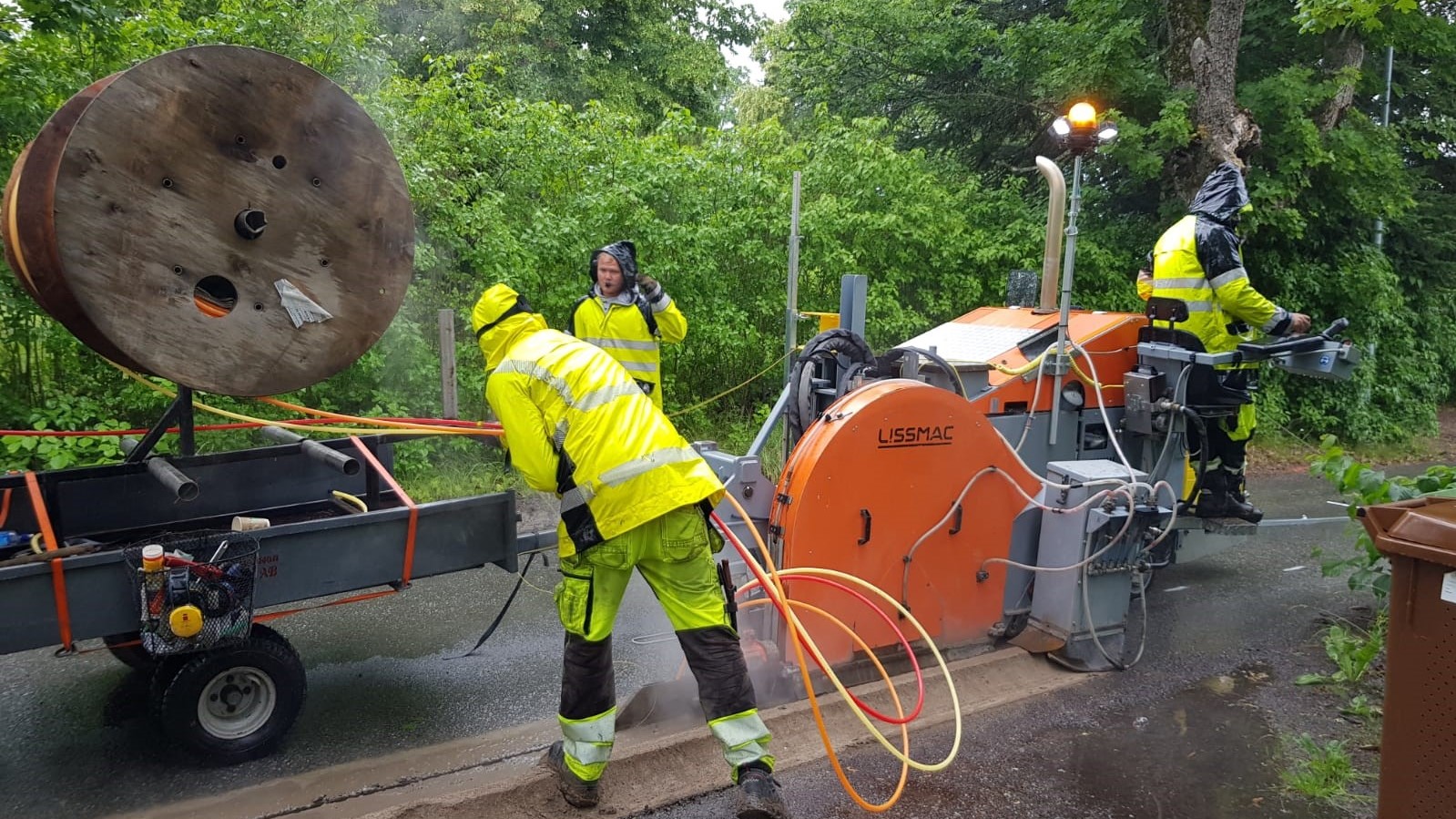Openreach halts copper network sales as UK network modernises
It's time to go all-in digital, Openreach says

Sign up for breaking news, reviews, opinion, top tech deals, and more.
You are now subscribed
Your newsletter sign-up was successful
Openreach has officially stopped offering copper-based telephony services as it moves forward with the plan to fully digitize the communications landscape in the UK.
In an announcement, the BT-owned company said its clients (communications providers, essentially) will no longer be able to purchase services based on the Public Switched Telephone Network (PSTN), which is scheduled for full termination in December 2025.
Instead, when they sign up for a new contract, when they look to switch, upgrade, or re-grade their service via their provider - they’ll be offered (or moved to) a new digital line.
Stop sell phase
PSTN has been around for decades and has been the backbone of telecommunications in the UK. But with time, it became outdated and difficult to maintain, Openreach explained. New technologies, such as Voice over IP (VoIP), video conferencing, and different communication apps, became popular.
Thus, in 2017, BT announced it would retire PSTN by the end of 2025, and has since worked with CPs to make the transition smoother and more seamless. Openreach says it made “lots of progress” in that regard, with more than 500 of its exchange areas (covering roughly 4.6 million premises) now in the “stop sell” phase. That leaves some 10 million lines to be converted, which is “a lot of work”.
Ideally, CPs that sign up for the new service will get Openreach’s brand new Full Fibre network - new infrastructure available to some 11 million homes and businesses around the country, the company claims. Where it’s not available, the clients will get a “digital alternative”.
“In the ever-evolving landscape of technology, the transition from traditional copper wires to advanced digital fibre optic lines has emerged as a game-changer, revolutionizing the way we communicate, access information, and connect with the world,” the company said. “This shift is not just a minor upgrade; it's a leap into the future of faster, more reliable, and efficient data transmission.”
Sign up to the TechRadar Pro newsletter to get all the top news, opinion, features and guidance your business needs to succeed!
- Check out the best 5G phones around
Sead is a seasoned freelance journalist based in Sarajevo, Bosnia and Herzegovina. He writes about IT (cloud, IoT, 5G, VPN) and cybersecurity (ransomware, data breaches, laws and regulations). In his career, spanning more than a decade, he’s written for numerous media outlets, including Al Jazeera Balkans. He’s also held several modules on content writing for Represent Communications.